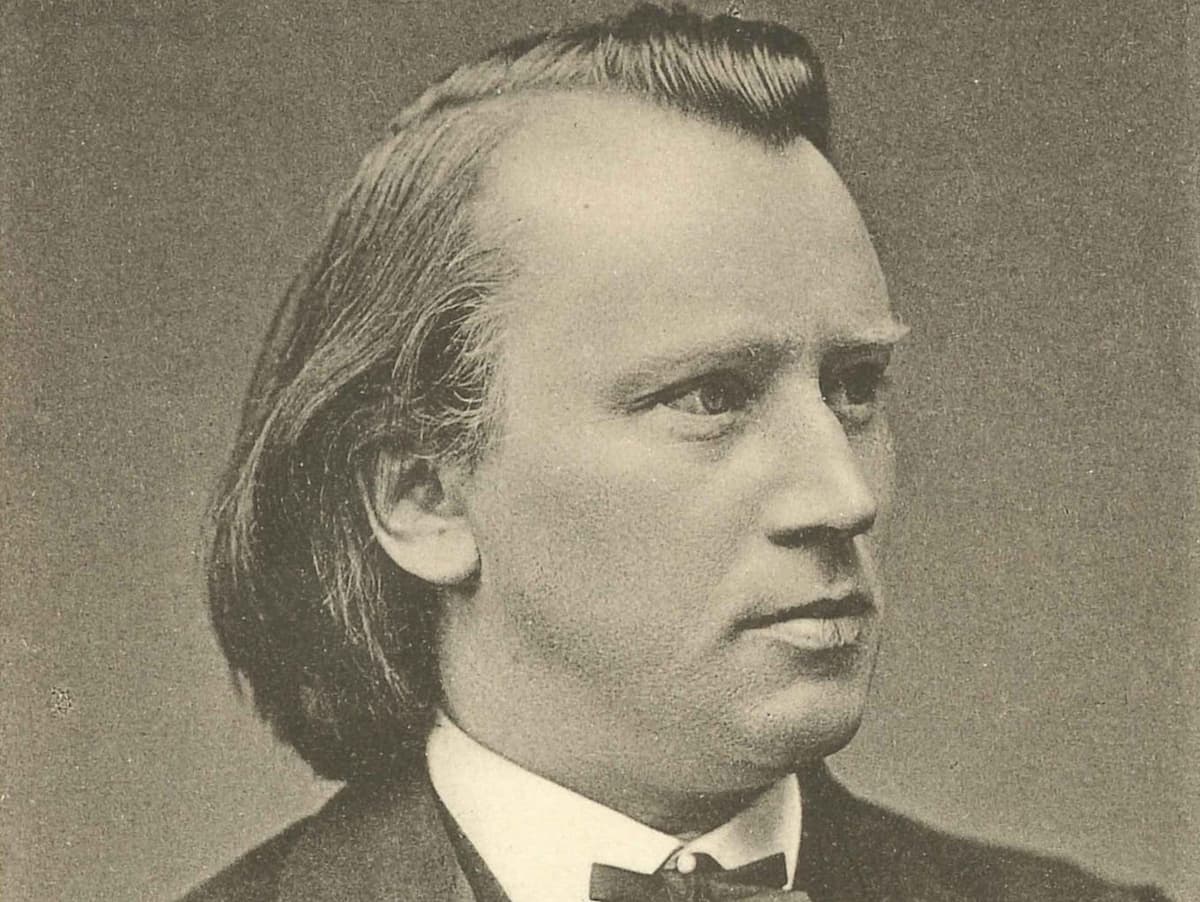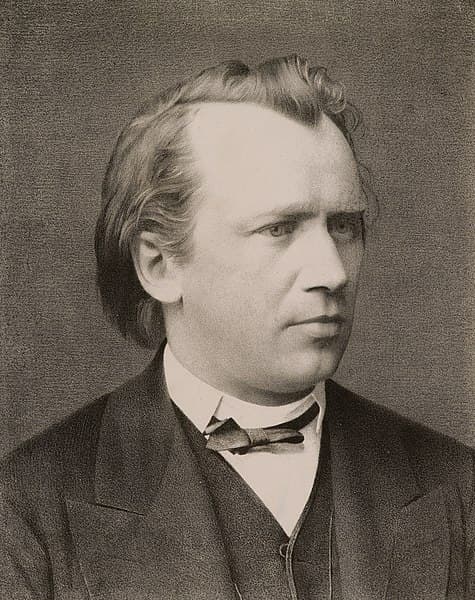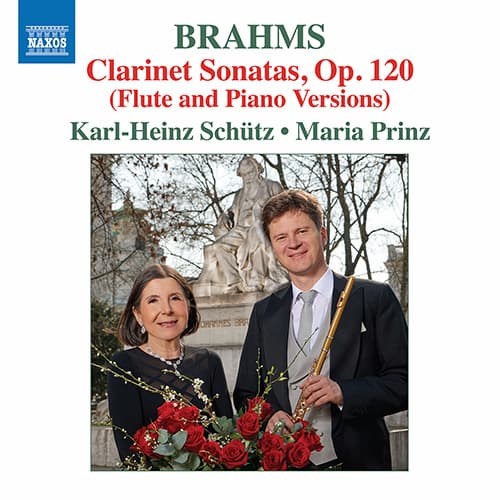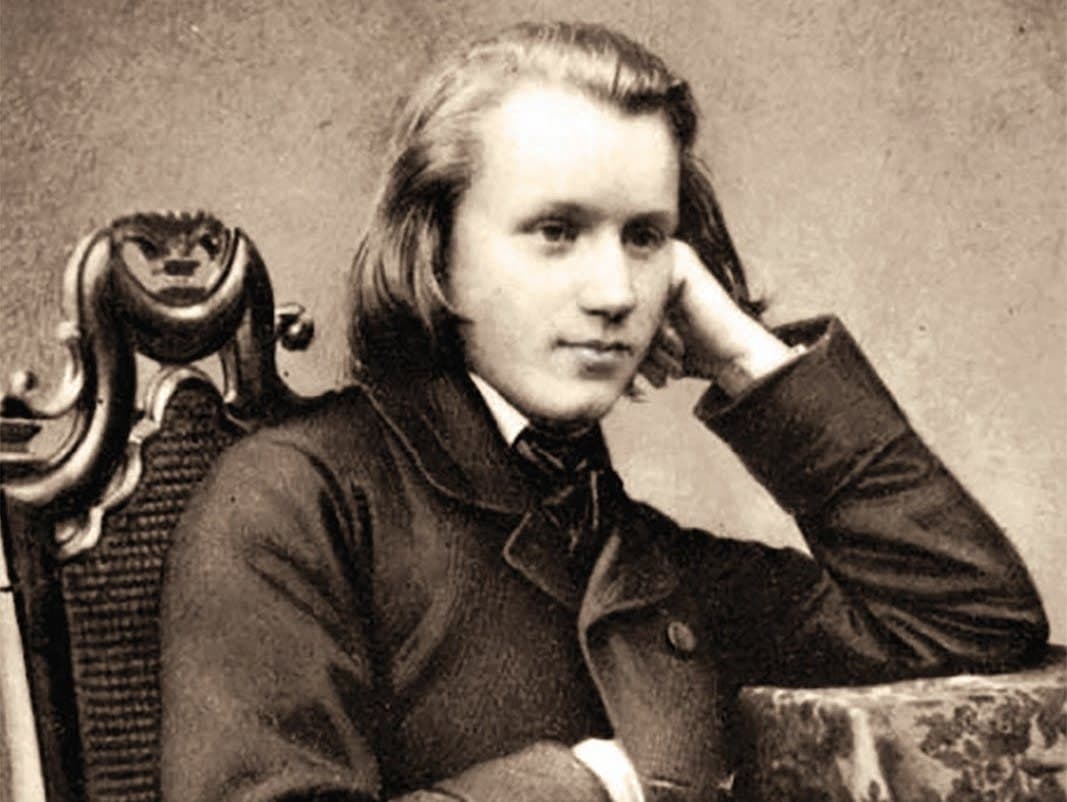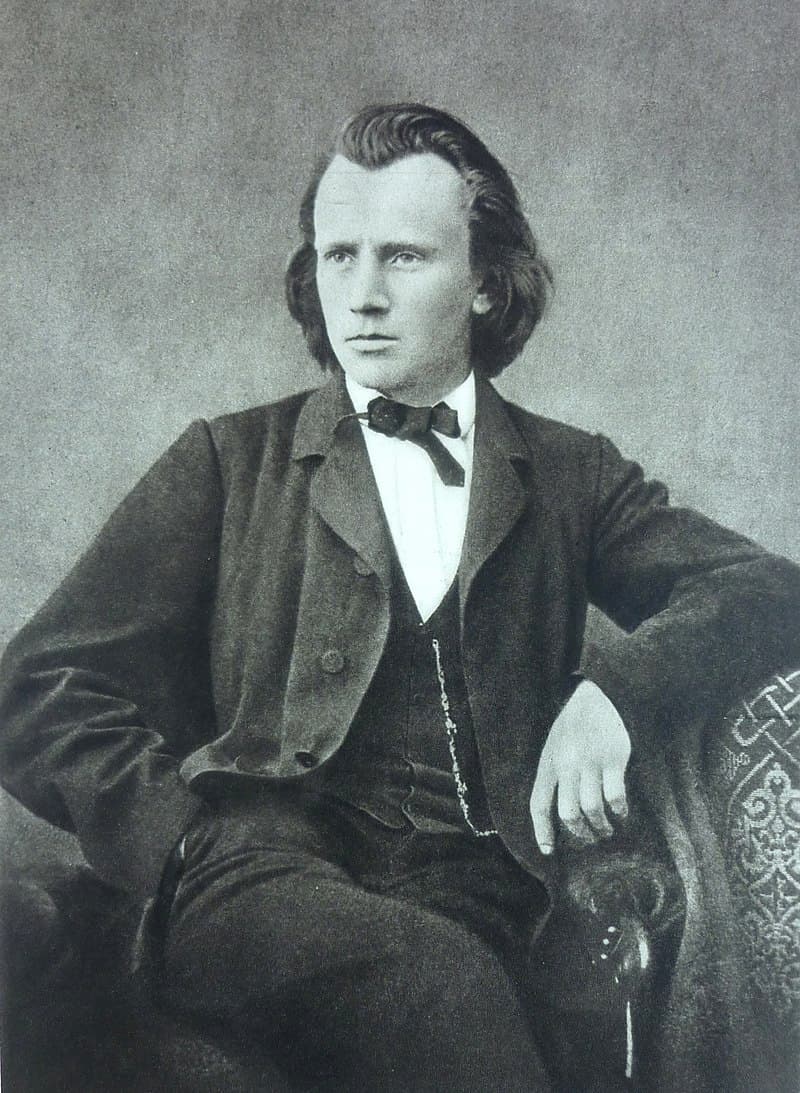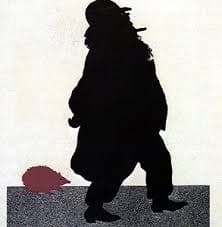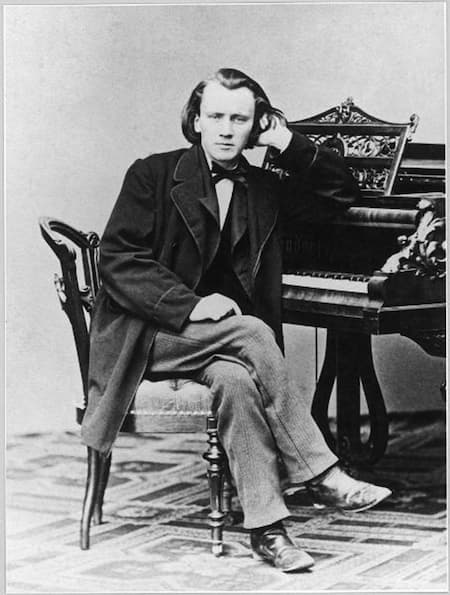The Liebeslieder Waltzes Op. 52 had been a tremendous financial success for Johannes Brahms and his publisher. These compositions had perfectly capitalized on two musical trends of the mid-19th century. A popular love for dances to be played by piano
Brahms
While Johannes Brahms had rightfully hoped of gaining the conductorship of the Hamburg Philharmonic, the post was given to the baritone Julius Stockhausen instead. Dejected and disappointed, Brahms made his first visit to Vienna in the autumn of 1862, staying
Johannes Brahms is better known as an instrumental composer than as a song composer, but there are still over 300 songs in his catalogue. In this recording, Karl-Heinz Schütz arranged one of the best known and best beloved of these
The name Johannes Brahms, born on 7 May 1833 in Hamburg, is generally known around the world. And while some of his melodies and compositions have gained international and popular currency, the psychological depths of his character have remained a
Composers of German Lied have the ability, especially starting with Schubert, to bring a deeper meaning to poetry. A poetic reading of Goethe’s Der Erlkönig can convey the voices of the characters, but it’s Schubert’s piano that provides the horse
For well over 20 years, Johannes Brahms (1833-1896) seriously considered writing an opera. In 1869, encouraged by the conductor Hermann Levi and the engraver Julius Allgeyer, Brahms initially contemplated, more or less seriously, operatic settings of Méhul’s Uthal, the heroic
Johannes Brahms (1833-1896) essentially grew up in the slums of Hamburg. And although the famous “Herr Doktor Brahms” would later rub shoulders with Viennese high society, his eating habits apparently never changed. “I live in Vienna as if I were
Cellists over the world relish playing the works of Johannes Brahms. The chamber music—his string quartets, piano trios, piano quartets, piano quintet, and the two string sextets are lush and rewarding to play. Brahms intended to perform the piano parts

